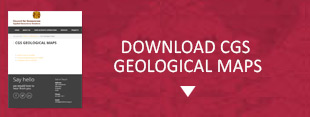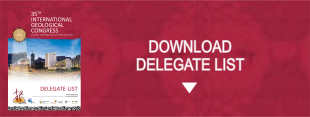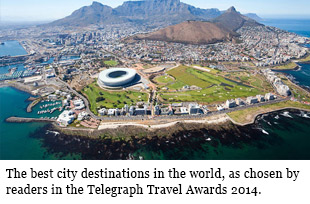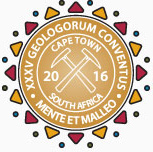
35TH INTERNATIONAL GEOLOGICAL CONGRESS
27 AUGUST - 4 SEPTEMBER 2016 | CAPE TOWN, SOUTH AFRICA
Sponsors
Keystone Sponsor
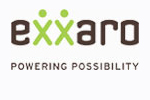

Diamond Sponsor


Gold Sponsor


Silver Sponsor



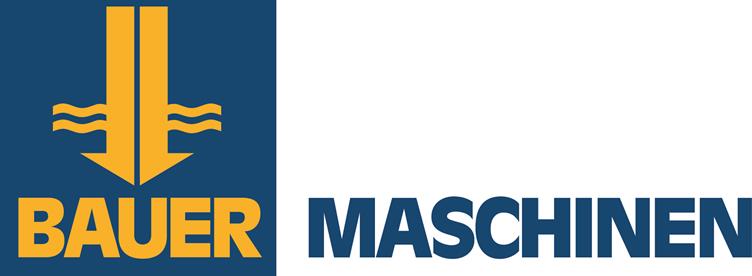




Business Centre Sponsor


Publication Sponsor




Social Function


Plenary Speaker Sponsor


Speaker Gift Sponsor


Post Graduate Fund


Registration


Welcome Drinks


Lunch Time Drinks


Publication &
35 IGC SAGPGF
35 IGC SAGPGF

35 IGC SAGPGF




MY IGC APP


Symposium Sponsor
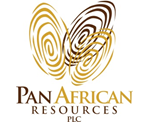
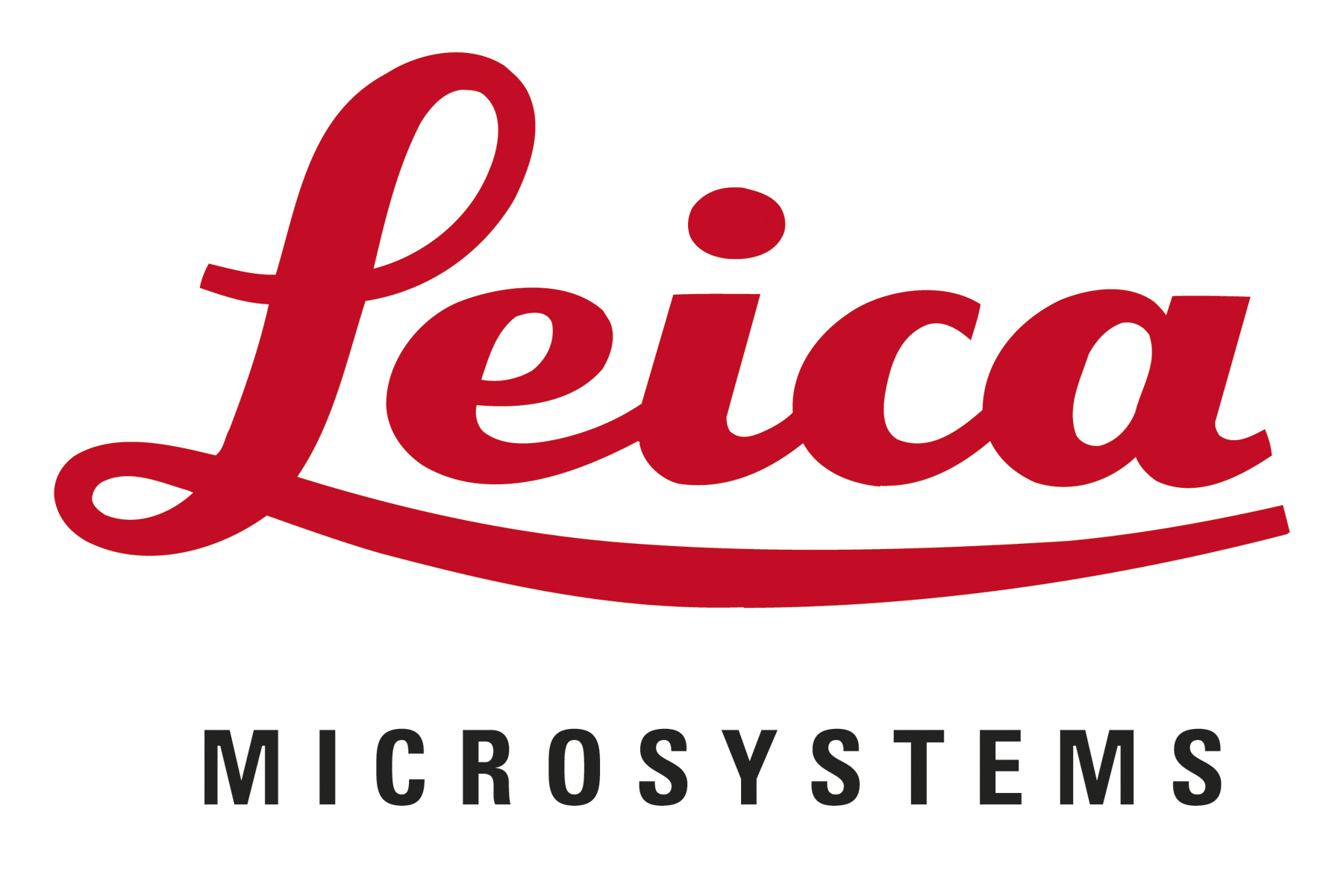


Audit Sponsor


35TH INTERNATIONAL GEOLOGICAL CONGRESS
27 AUGUST - 4 SEPTEMBER 2016 | CAPE TOWN, SOUTH AFRICA
My IGC
Symposium Details
| Title | Description | Convenors |
|---|---|---|
| Geological mapping of Africa – a key for sustainable use of earth resources | Whole societies, as well as industry and commerce, rely on detailed knowledge of geological formations in order to predict and quantify the diverse mineral raw materials they contain. Our knowledge of the geology of Africa has progressed enormously during the last 25 years, not least as a result of regional-scale geoscientific mapping projects. These new geological data are predominantly based on extensive fieldwork carried out jointly by western geological surveys together with domestic survey partners. Regional-scale geological mapping is the essential first step in understanding the overall processes of the evolving crust. It is thus an important tool in the process of locating potential mineralised areas. Mapping also supports geological comparison across state boundaries and invariably leads to the identification of scientific topics for research. Consequently, new geological maps and associated databases are vital in promoting investment in resource-rich low income countries. The symposium – to be organized by the Geological Surveys of Finland (GTK), France (BRGM) and South Africa (CGS) – is aimed at providing a forum to communicate the present processes and challenges of regional-scale geological projects. These projects also provide a powerful tool to pass knowledge to less experienced young African geologists of the local organizations. Other aims are to discuss how to continue to build on the development of bedrock maps and the maintenance of ore deposit and related databases. Symposia like this are seldom offered at international meetings, and thus it is especially appropriate for this IGC to be held in Africa. | Hannu Mäkitie, Bob Thomas, Jean-Claude Guillaneau and Fredrik Karell |
 Field trips
Field trips  Sponsorship & expo
Sponsorship & expo  Registration
Registration Tours
Tours  Promotion
Promotion 

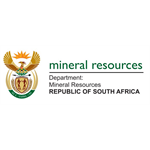












 Conference Programme
Conference Programme  Field trips
Field trips  Sponsorship & expo
Sponsorship & expo  Volunteer
Volunteer  GeoHost
GeoHost  Registration
Registration Tours
Tours  Promotion
Promotion  Publications
Publications


